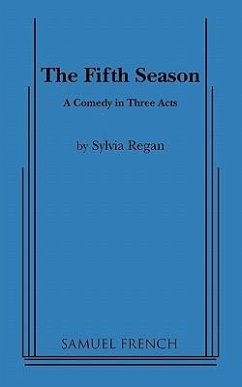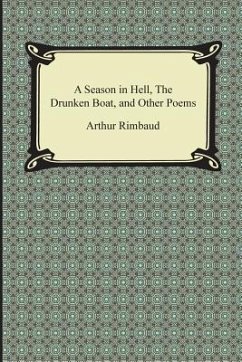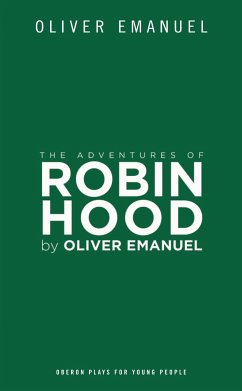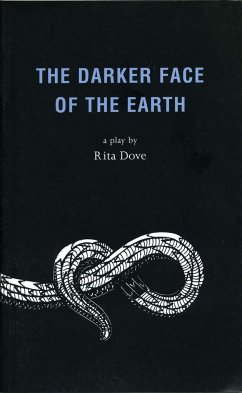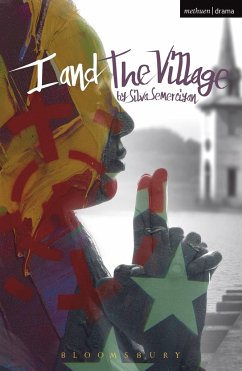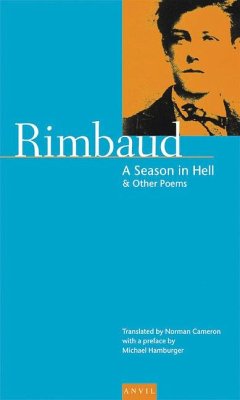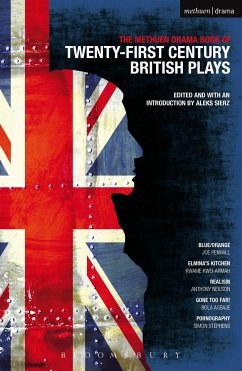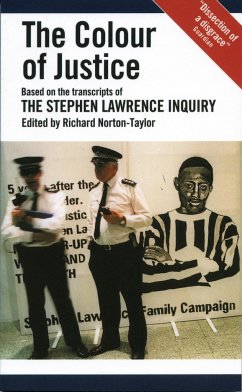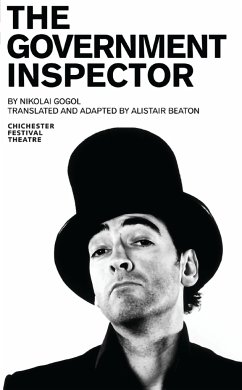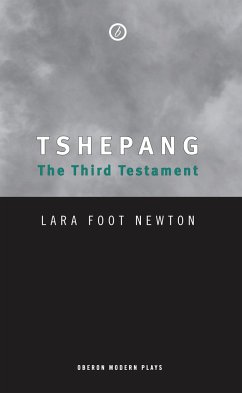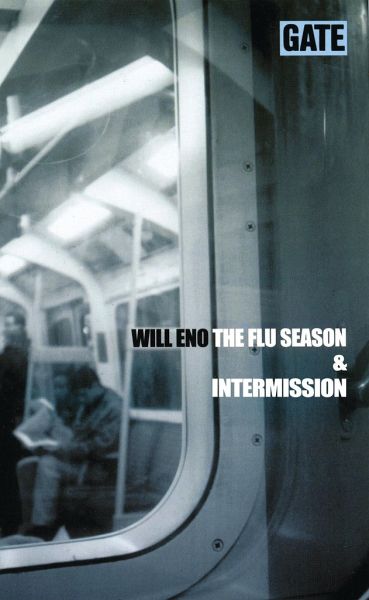
The Flu Season & Intermission

PAYBACK Punkte
7 °P sammeln!
The Flu Season No one in the middle of being in love ever sat down to write a love story. It's only after the belongings are sorted and the shirts returned that the pencils are sharpened and the notebooks opened. So, in a serious way, love stories are never love stories. Love is their inspiration, yes, but the end of love is the reason for their existence. This is a problem. It proposes anti-journeys where we saw only journeys, directs things toward a new negative we hadn't intended. The Flu Season tries to be a love story, anyway. It has a strategy. The play revels in ambivalence, lives in fi...
The Flu Season No one in the middle of being in love ever sat down to write a love story. It's only after the belongings are sorted and the shirts returned that the pencils are sharpened and the notebooks opened. So, in a serious way, love stories are never love stories. Love is their inspiration, yes, but the end of love is the reason for their existence. This is a problem. It proposes anti-journeys where we saw only journeys, directs things toward a new negative we hadn't intended. The Flu Season tries to be a love story, anyway. It has a strategy. The play revels in ambivalence, lives in fits and starts, and derives a flailing energy from its doubts about itself. But these come at a price, which is paid by the characters in the play. A kind of clarity finally comes. In the end, is the end. Intermission "Two couples chat with one another at a play's intermission. From what we have heard, it sounds dreadful, which the cocky Jack points out. But his quibbles give way before Mr. Murray's torrent of memory and invective. He doesn't want to hear stylistic complaints, he wants the boy to recognize the play's attempts at truth. And while Mr. Murray's curmudgeon sneers at audiences' yen for weeping at shows, Mr. Eno then makes us - practically by brute force - cry for him. Mr. Eno's triumph is both canny and deeply touching, a vital look into a theater that actually reminds us what it's for." The New York Sun The Flu Season was the winner of the 2004 Oppenheimer Award for best debut production.




